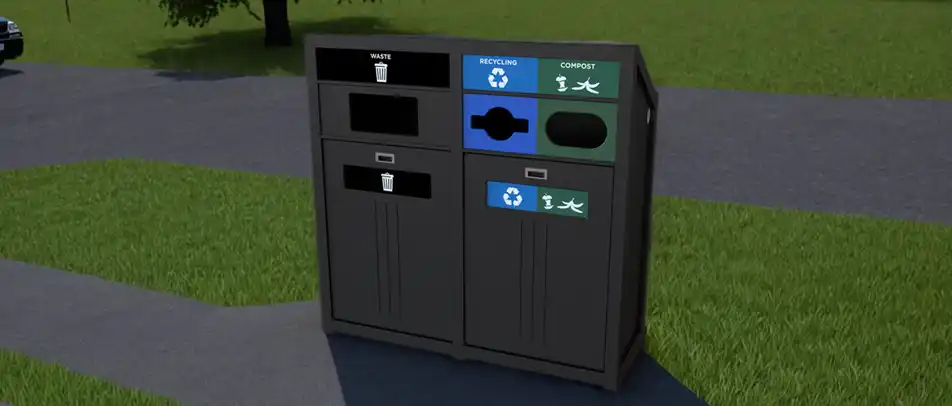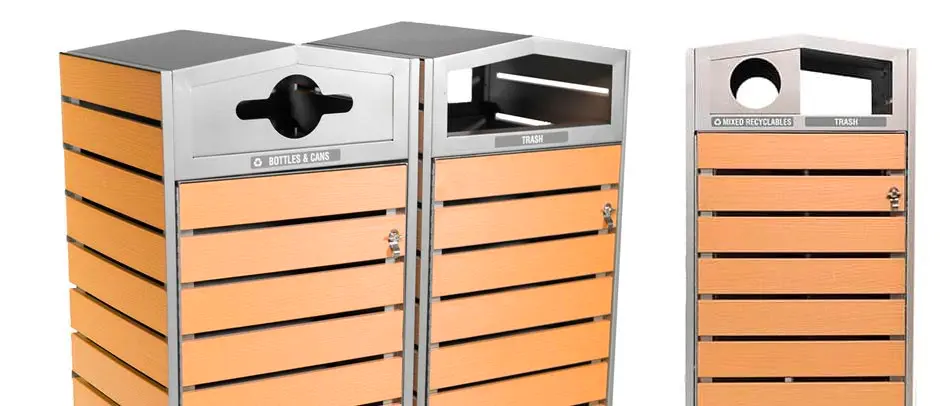
China notified the World Trade Organization that starting December 31, 2017, they would no longer allow the import of several types of unsorted paper waste, textile scraps, many types of post-consumer plastics, and metal slag and dross that contained vanadium. $6.6 billion in scrap commodities were exported to China is 2016. They have, historically, imported half the world’s cross-border scrap paper, plastic, and textiles.
Besides the fear that this ban will decimate the recycling industry, the ocean freight companies are concerned about the back-haul journey. The way global shipping works at this time; large shipments of ocean-going freighters bring consumer goods from China to the US and Europe, and on the return journey, we use those same shipping containers to ship scrap and waste to their recycling centers.
Restrictions are increasing every year regarding the export of waste materials to other countries, especially electronic waste, and other hazardous materials. While these global industries go toe to toe, what can people do in their everyday lives? How can we impact what is happening?
Small efforts, when combined over societies, can bring about large changes. We can think big, while we act individually. What do we need to do? Simple, and difficult. Make less trash, and what we do make, recycle.
The first step to thinking big is for businesses in America to commit to going paperless. We are, in many cases, nearly there. If we measured the scrap paper our offices recycled, with the goal of reducing paper waste down to some predetermined measure, the gentle spirit of cooperation and competition could permeate the workplace. Another example of a simple but not easy change: no more paper or styrofoam coffee cups in the cafeteria. Every time we have to hunt down our mug and wash it out before we go to the coffee mess, we can just remember those shipping containers full of trash, steaming across the ocean.
Creative workplaces can come up with their own innovative ways to reduce trash. For electronics, particularly, the new interest in swap shops and repair cafes can let old electronics change hands, rather than ending up in a scrap pile in a third world country, being ‘recycled’ with a sledge hammer. Ambitious and hard-working workplaces can start a swap shop every Friday afternoon, or a repair cafe in their community.
The global industrial recycling complex will duke this issue out, but no one denies any country’s right to refuse to take another country’s waste material. While the WTO navigates through these complex waters, we can toss one tiny pebble into the pond, and commit to making less trash.




































































































































 Three Ways to Engage Teams and Clients to Maximize Your Recycling Program Engagement
Three Ways to Engage Teams and Clients to Maximize Your Recycling Program Engagement  How to Integrate Accessibility Into Your Sustainability Planning
How to Integrate Accessibility Into Your Sustainability Planning  Why Park Benches Can Promote Workplace Well-Being
Why Park Benches Can Promote Workplace Well-Being 
